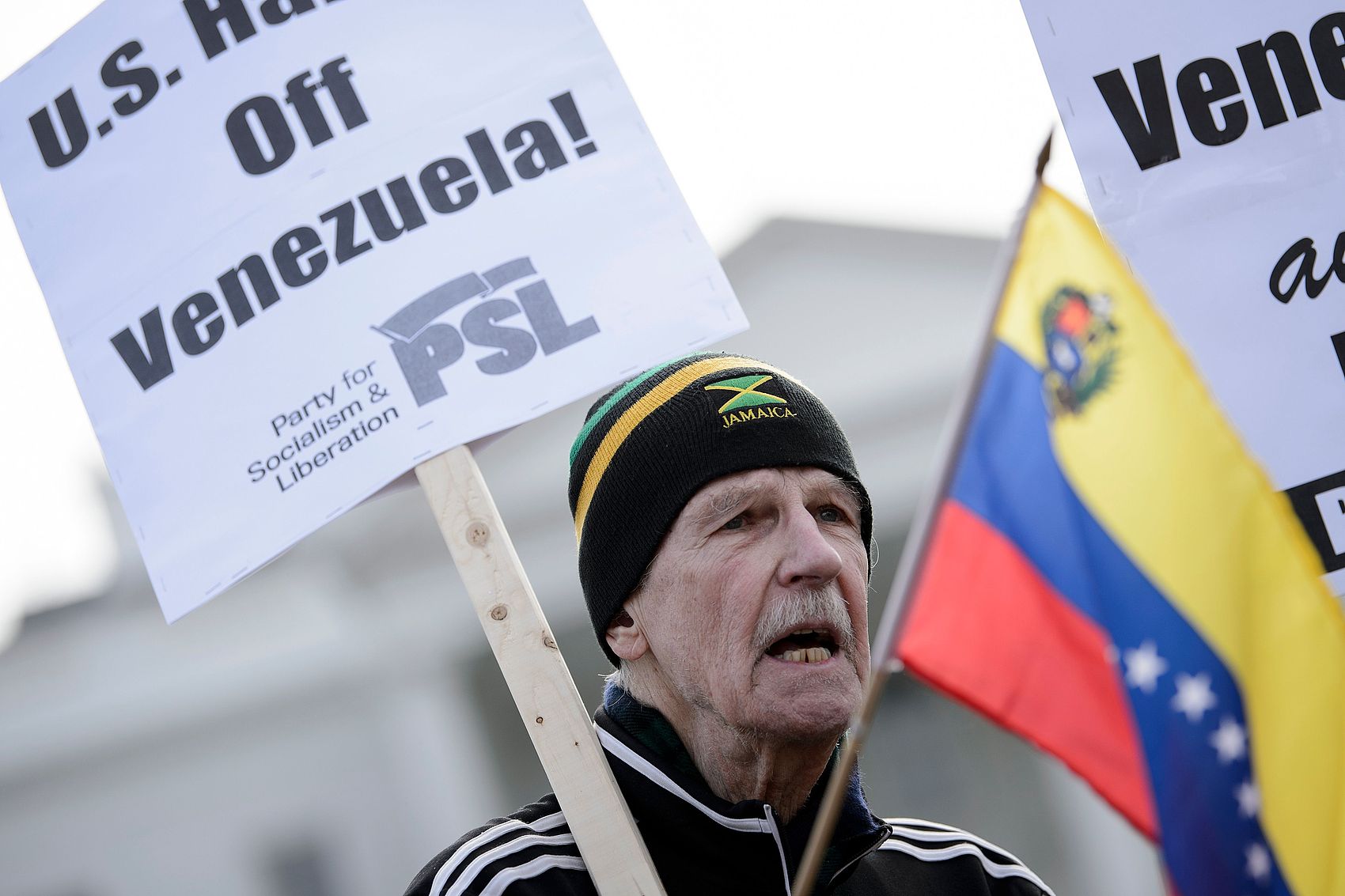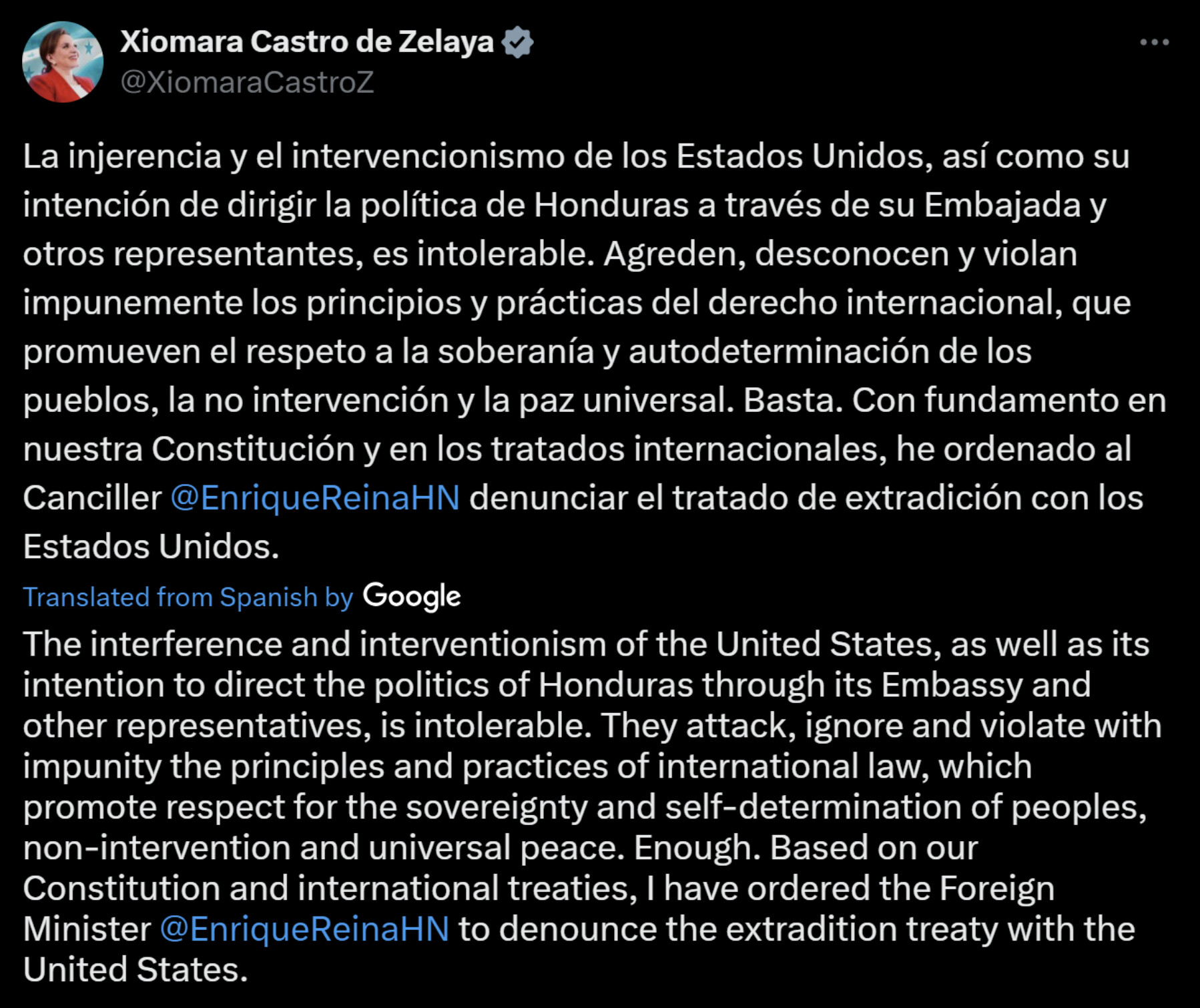
A number of Latin American countries, including Mexico, Honduras, Cuba, Venezuela, and Bolivia, recently expressed growing discontent over what they see as US interference in their domestic affairs.

(Photo/VCG)
In Mexico, President Andrés Manuel López Obrador criticized remarks made by US Ambassador to Mexico, Ken Salazar, concerning Mexico's proposed judicial reforms. During a press conference on August 27 at the National Palace in Mexico City, López Obrador called Salazar's comments "disrespectful," pointing to a long history of US interventionist policies in Latin America.
López Obrador's judicial reform aims to allow elections for federal judges, a move Salazar claimed would threaten Mexican democracy and leave the judiciary vulnerable to the influence of drug cartels. The ambassador's remarks sparked a diplomatic backlash, with López Obrador emphasizing "Mexico is not a colony of any foreign nation," and calling for the US to respect Mexico's sovereignty.
Honduras also joined the chorus of criticism, with its foreign ministry announcing plans to terminate the extradition treaty with the US following accusations from US Ambassador to Honduras, Laura Dogu. Dogu had suggested that some Honduran officials were collaborating with drug traffickers. President Xiomara Castro called US actions intolerable interference on social media and denounced the US attempts to direct Honduran politics through its embassy.

In Cuba, Foreign Minister Bruno Rodríguez Parrilla condemned what he described as ongoing efforts by the US National Endowment for Democracy (NED) to destabilize the country. He pointed to a report from China’s Ministry of Foreign Affairs, which revealed that NED had funded over 50 anti-Cuban organizations since 2017.
Rodríguez’s comments followed revelations that the Cuban Democratic Directorate, an anti-government group, had received funds from the US government, distributing 48,000 USD to contractors and agents in Cuba.
Venezuela has long criticized US intervention in its internal affairs, particularly during elections. Following Nicolás Maduro’s victory in the 2024 presidential election, Western media and academic circles swiftly questioned the results, raising concerns about political stability.
Venezuelan Vice President Delcy Rodríguez accused the US of orchestrating a coup against Maduro using media and social platforms. Cuba's Foreign Ministry issued a statement supporting Venezuela’s position and opposing US involvement.
Bolivia, meanwhile, has reaffirmed its desire to join BRICS, which it views as a platform for promoting global equity. Bolivian Foreign Minister Celinda Sosa Lunda, during her visit to Russia in April 2024, confirmed the country’s interest in joining BRICS. However, Bolivia has since accused the US of exerting pressure to block its membership bid.
As these Latin American countries voiced their concerns over US interference, Chinese Foreign Ministry Spokesperson Lin Jian added his criticism. "The US may have announced the end of the Monroe Doctrine, but the fact is, for the past more than 200 years, hegemonism and power politics, which is intrinsic in the Doctrine, is far from being abandoned."
Lin called on the US to cease "unilateral actions of bullying" and urged a relationship with Latin America based on "mutual respect, equality, and non-interference in each other's internal affairs."
Co-presented by GDToday and the School of Journalism and Communication, Jinan University
Reporter | Lydia Liu, Yang Lin (intern), Zhan Manqi (intern), Zhong Jing (intern)
Editor | Steven Yuen, Monica Liu, Nina Huang, James
















